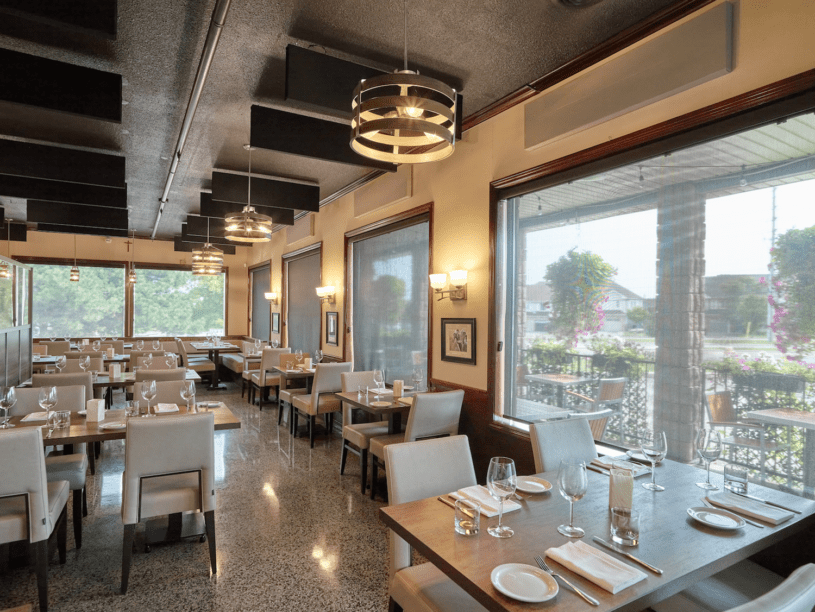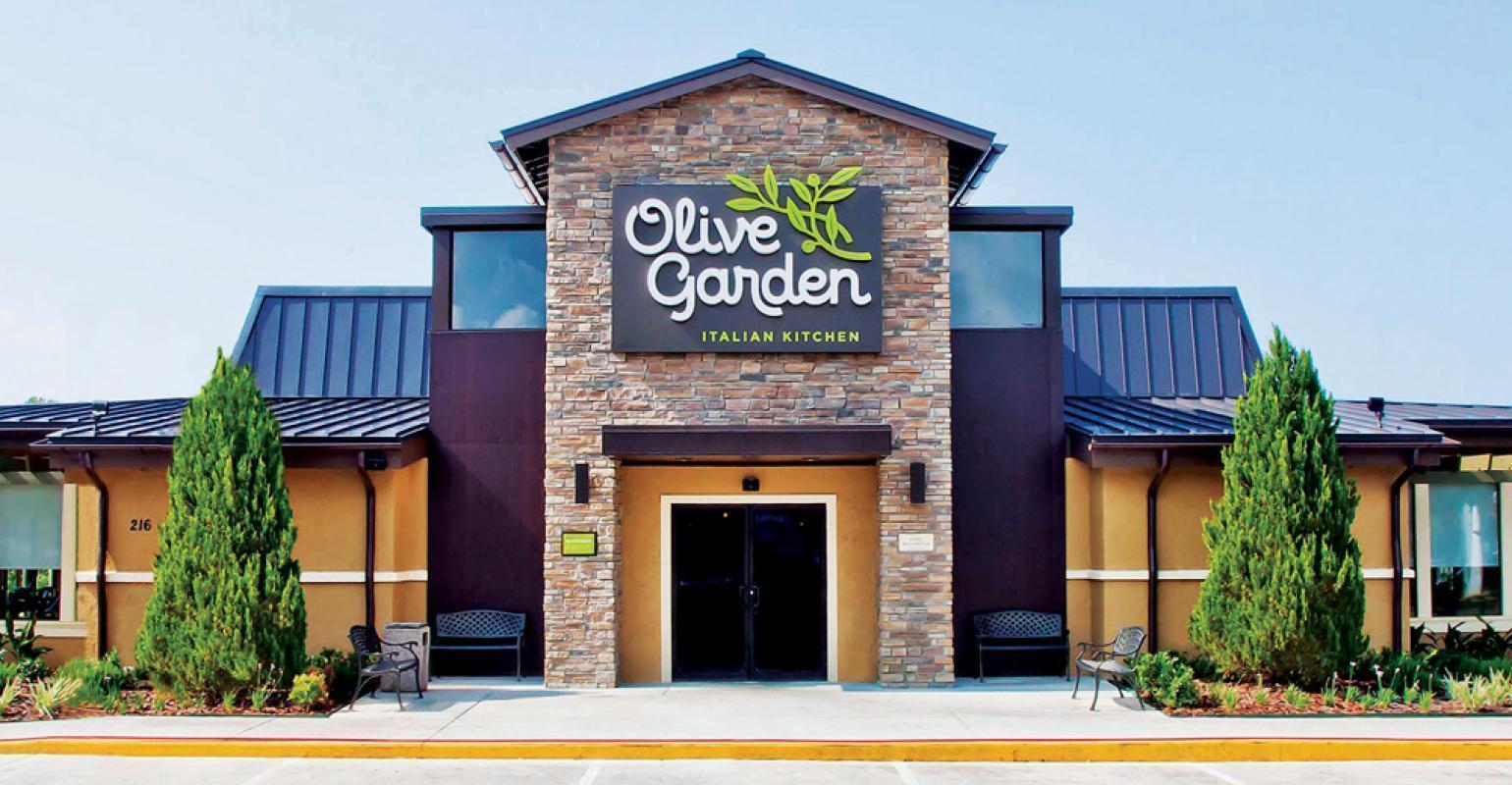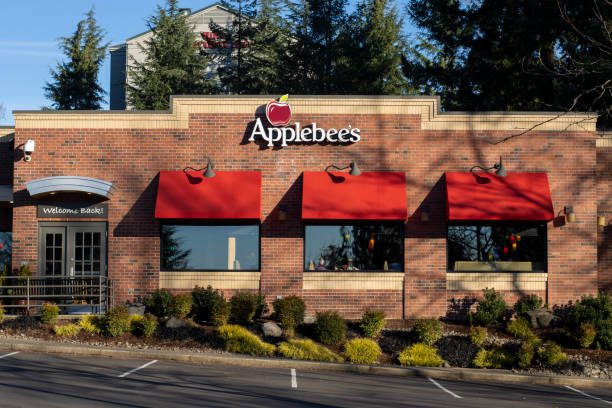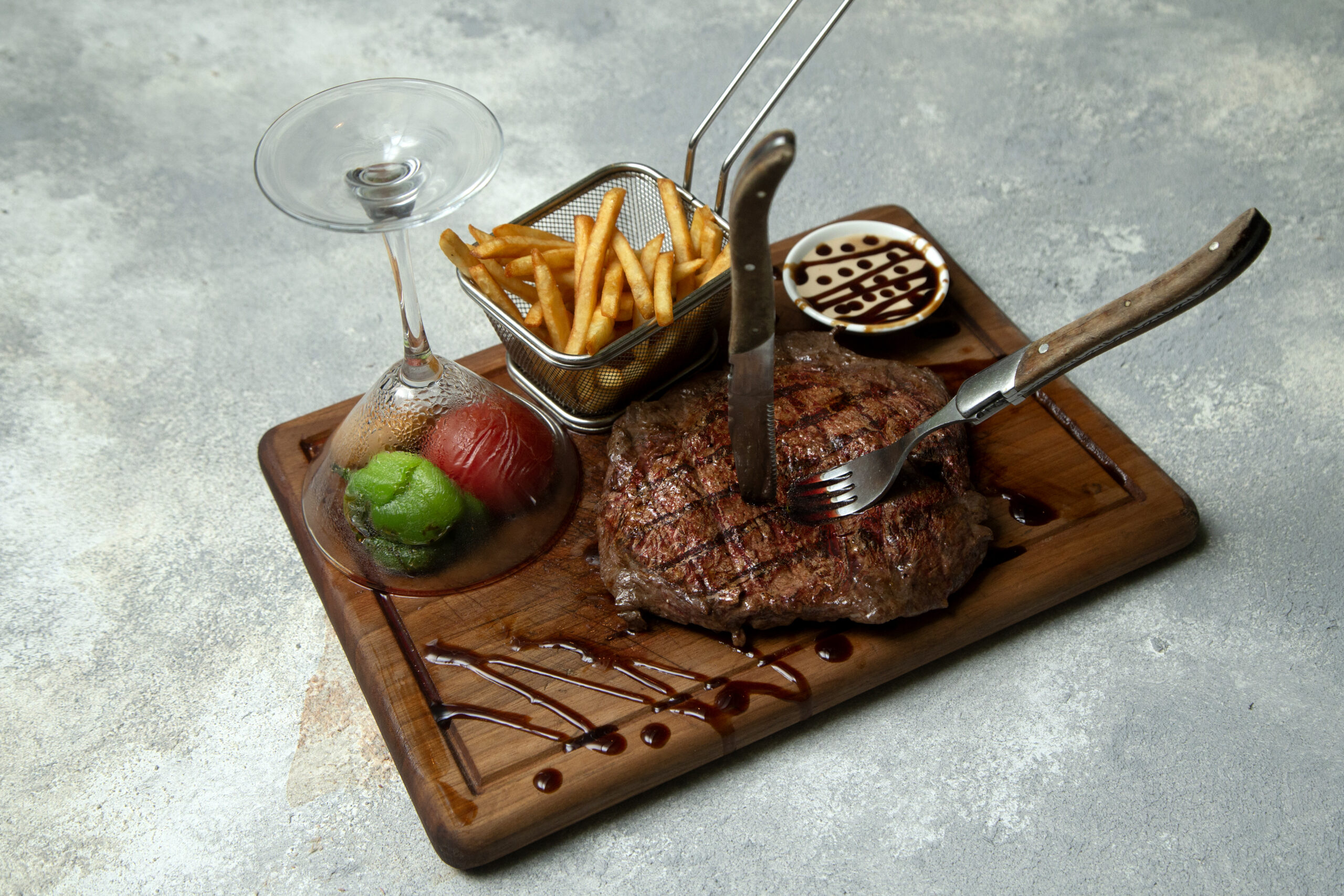
In the bustling heart of a vibrant city, Bella Notte was once a culinary gem, renowned for its authentic Italian cuisine and warm, inviting atmosphere. This story chronicles the meteoric rise of Bella Notte, its overwhelming success, and the missteps that led to its eventual decline—a cautionary tale for restaurateurs everywhere.
RELATED POST : The Project Management team
The Rise
1. A Dream Ignited
Bella Notte was founded in 2010 by Marco and Sofia, two passionate chefs who dreamed of sharing their love for Italian food. With Marco’s culinary expertise and Sofia’s flair for hospitality, they opened their restaurant in a quaint, historic building. The menu featured classic dishes made from family recipes, attracting food enthusiasts and locals alike.
2. Instant Success
From the moment Bella Notte opened its doors, it was an instant hit. Word-of-mouth recommendations, combined with a savvy social media marketing campaign, created a buzz around the restaurant. Diners flocked to Bella Notte for its mouthwatering pasta, homemade sauces, and an extensive wine list. The restaurant quickly garnered rave reviews, earning accolades from food critics and a loyal customer base.[/vc_column_text]
3. Expansion and Recognition
Buoyed by their success, Marco and Sofia expanded their operations within three years, opening a second location in a neighboring city. They hired additional staff and began offering catering services for events. Bella Notte became a staple in the community, known for its festive ambiance and commitment to quality. It was even featured in local magazines as one of the best dining spots in the area.
The Fall
1. Complacency Sets In
Despite their remarkable success, the owners grew complacent. They began to rely heavily on their established reputation, assuming that customers would continue to flock to the restaurant without the need for constant innovation. Menu updates became infrequent, and the focus on quality waned. The once-vibrant atmosphere started to feel stale. [/vc_column_text]
RELATED POST : TOP 10 AUSTRALIAN MULTI-DAY TREKS
2. Staffing Issues
As the business expanded, managing a larger team became a challenge. Marco and Sofia struggled to maintain the same level of training and motivation among staff. High turnover rates led to inconsistency in service quality, frustrating loyal customers who had come to expect excellence. The intimate, personalized experience that had once defined Bella Notte began to diminish.
3. Overextension
In an attempt to capitalize on their success, Marco and Sofia took on too many projects at once. They launched a line of packaged sauces and pasta for retail distribution, diverting focus and resources away from their core business. The retail venture was poorly planned and ultimately failed, draining financial resources and distracting them from the restaurant’s day-to-day operations.
4. Ignoring Customer Feedback
As customer satisfaction began to decline, feedback was largely ignored. Regular patrons noticed changes in the quality of food and service but felt unheard. The owners dismissed negative reviews, assuming their loyal customer base would remain loyal regardless of the issues. This disconnect alienated many longtime fans.
5. Financial Strain
The cumulative effect of these missteps put significant financial strain on Bella Notte. Costs rose due to poor inventory management and overspending on the failed retail line. Revenue dropped as customers turned to competitors offering fresher, more innovative dining experiences. Despite their previous success, Bella Notte struggled to stay afloat.
RELATED POST : The Project Management team
The conclusion
In 2018, just eight years after its initial opening, Bella Notte closed its doors for good. The restaurant that had once been a beacon of success fell victim to complacency, mismanagement, and a failure to adapt to changing market dynamics. Marco and Sofia’s story serves as a cautionary tale for aspiring restaurateurs: success is not guaranteed, and the restaurant industry demands continuous innovation, quality, and engagement with customers.
The rise and fall of Bella Notte highlight the importance of remaining vigilant and responsive in a competitive landscape. In the end, it is a reminder that the passion that ignites a restaurant’s success must be nurtured and sustained to ensure longevity in the industry.



